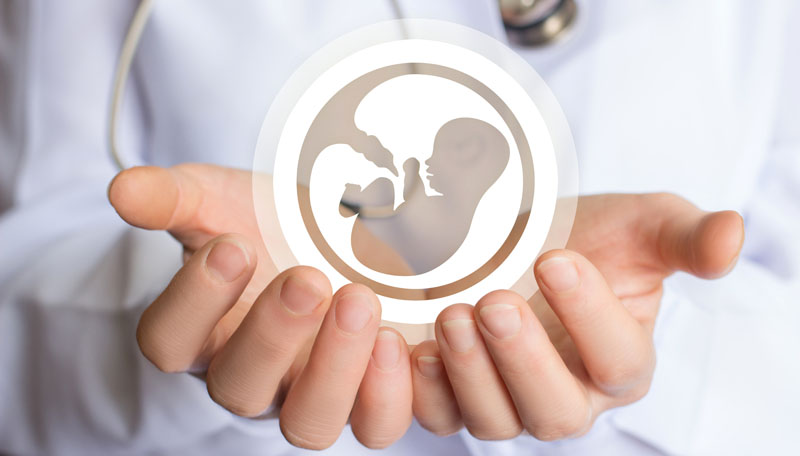EGG DONATION
Egg donation could be a form of fertility procedure during which a donor Assistant in Nursingonymously offers her eggs to an unfruitful patient so as to assist her to become a parent. Once donated, the eggs are fertilized with the recipient partner’s sperm (or donor sperm if required) as in standard IVF, and then transferred to the recipient for pregnancy. Egg donation, therefore, unlike adoption, means that the recipient couple still has a strong hereditary link with the child.

There are several reasons why a woman might need donor eggs:
» She does not produce eggs of her own, often because of older maternal age
» She may have experienced a premature menopause
» She may have had treatment for cancer and as a result has lost the normal function of her ovaries
» She may be at risk of giving birth to a child with a genetic disorder
Requirements to become an Egg Donor?
In order to become an Assistant in Nursing egg donor there, square pattern specific needs commenced by the Human Fertilizations. Egg donors, hence, need to meet the following criteria:
Please correct the following minimum requirements to become an Associate in Nursing egg donor.
» Be among the ages of 18 and 35 years
» Materially healthy
» Be fit and healthy with a BMI between 20 and 30
» Have regular, monthly menstrual periods
» Not using protective implants or start button
» Be a non-smoker
» Have measurements of ovarian reserve (an indication of egg supply) within the normal range
» Have no previous history of low ovarian response to ovarian stimulation for IVF
» Have both ovaries in place
» Have no personal history of transmissible diseases
» Have no personal or family history of inheritable diseases
» Have no untreated polycystic ovarian disease
» Psychologically healthy
» No current use of psychoactive drugs
» No family history of inheritable genetic disorders
» Willing to take injections
Process for the Recipient Couple:
Ideally, the recipient’s cycle is synchronized with the donor’s series. This is performed by supplying a mix of 2 or 3 issue medications. Estrogen is intercalary quickly once the product starts and adjusted daily until the recipient’s and donor’s cycles match.
» Hormonal medicines will be used to form a regular 28-day menstrual cycle and keep the recipient and donor on the same cycle.
» Being on the same cycle offers the best chance of having the lining of the recipient’s uterus prepared to support the embryo.
» The male partner can give a bodily fluid sample on an equivalent day that eggs area unit retrieved from the donor.
» The semen and eggs are prepared in a laboratory using in vitro generation.
» Progesterone surgery begins on the day after eggs are retrieved from the donor.
» The embryo transfer usually occurs two-five days after the eggs were originally recovered.
» A blood test will be conducted 14 days later to determine if pregnancy has transpired.
» The recipient should also be aware of early signs and indications of pregnancy.
» Most donor beneficiaries will also stay on both progesterone and estrogen until about 10 weeks into the pregnancy when the placenta can afford these hormonal obligations on its own.
Success rate of Pregnancy Using Donor Eggs:
The success rate can vary relying on the age of eggs, a retrieval method, quality of semen, and the overall strength of the women involved. In most cases, younger eggs are favored. Egg donation carries commensurate risks as in vitro breeding and embryo transfer and there’s a 20-25% probability that the maturation can involve multiples. Fertilization from donor eggs carries an equivalent 3-5% risk of anomalousness as natural gestation.